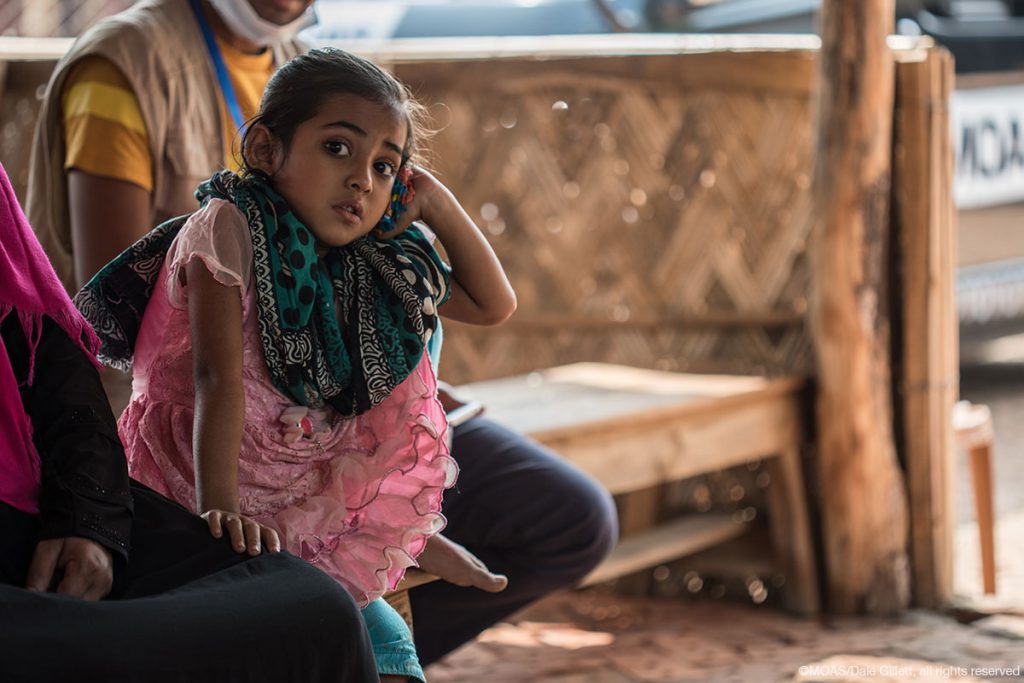Last month a young engineer from Patna, the biggest town in the Bihar region of India, was kidnapped and forced at gunpoint to marry a woman he had never seen before. After the wedding, he refused to acknowledge the woman as his own wife and reported everything to the police. The phenomenon of forced marriage after abduction of the bridegroom is called Pakadua vivah and has alarmingly been on the rise over the last few years. Even though it is well-known within the Bihar region, two elements have become especially worrying: the violence against young men who are considered a good investment by the bride’s family and are often kidnapped by criminals, and the extent of this growing phenomenon. At least 1,000 cases were documented between 2014 and 2017: last year around 3,400 young men were kidnapped and forced to get married, after their families became a major target of threats and retaliation. The main goal of this tradition is to avoid the huge cost of dowries, which are a real burden for Indian families and have caused the death of countless girls, murdered or victims of sex-selective abortion.
However, as shown by the news about bridegrooms’ abductions, forced marriage and dowries do not only involve women and girls, but also affect men, who become part of a system that triggers violence instead of promoting mutual love.
Where is Love in this situation?
When I read about the phenomenon of dowries, beyond all discrepancies, I remember my adolescence and my family’s concern with preparing a trousseau for my wedding. I remember that I was about 12 the first time we went together to choose expensive sheets and other allegedly fundamental things which I have almost never used because, being a working wife and mother, I opted for something easier to use. At that time, I did not really understand the importance of having a dowry; I am still persuaded that the greatest wealth we can give our sons and daughters is an education and a chance to travel, which facilitate knowledge and freedom. Additionally, by focusing on a material dowry, we reinforce stereotypes around women, who are too often seen as wives and mothers merely intended to give birth to children, and different job prospects are not properly supported.
When I visit the shelters of Rohingya people who have fled violence since last August, it is evident that a sudden escape forces everybody to take only the essential things; sometimes, people only bring with them the clothes they are wearing. There is no space for material stuff and no chance to bring objects from one’s previous life. Inside the Rohingya’s almost empty makeshift shelters, it is evident that love keeps these exhausted and vulnerable families united. They do have almost nothing expensive, but they safeguard the precious relationships that support them even in hard times.
When you run for your life, you focus on surviving, on your health and safety; every other material belonging becomes redundant. In general, the greatest wealth is inside of us, in our hearts and minds.

Moreover, educating a woman has proven advantages for her entire community. As proved by the UNHCR, “globally, educated mothers are more likely to have smaller, healthier and better educated families”. Education contributes to preventing plights such as early marriage and pregnancy or child and maternal mortality; it is also estimated that an educated mother is more likely to ensure clean water and vaccination for her kids.
February is considered the month of celebrating love. This celebration is mainly for couples, but – as I highlighted in my Valentine’s Day message in support of universal love – we must commit ourselves to creating a more generous and merciful world and to overcoming the private dimension of love, by focusing on what can really improve our shared society. Fostering education and knowledge, as well as abandoning dangerous traditions – like the one linked to dowries, which put economic interests before human relations – are just some examples of what we could do to build up the emotional wealth of future generations.
My husband and I wish to give ourdaughter the greatest dowry possible by offering her a quality education and the freedom to choose her destiny with mercy and awareness, as well as by opening her eyes and heart to her less fortunate brothers and sisters.
If you educate a man you educate an individual
If you educate a woman you educate a nation
African Proverb



